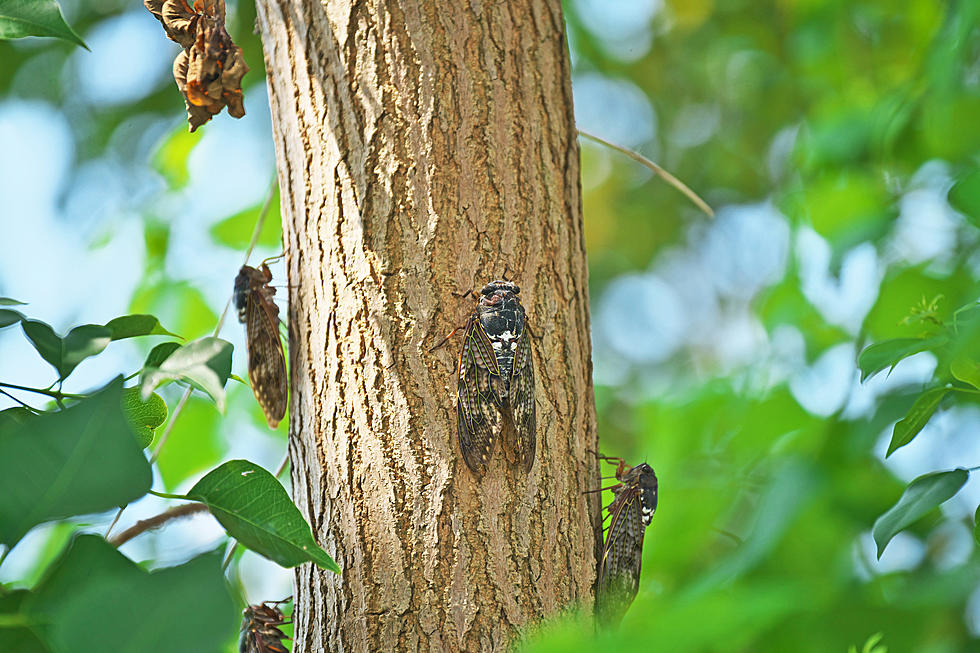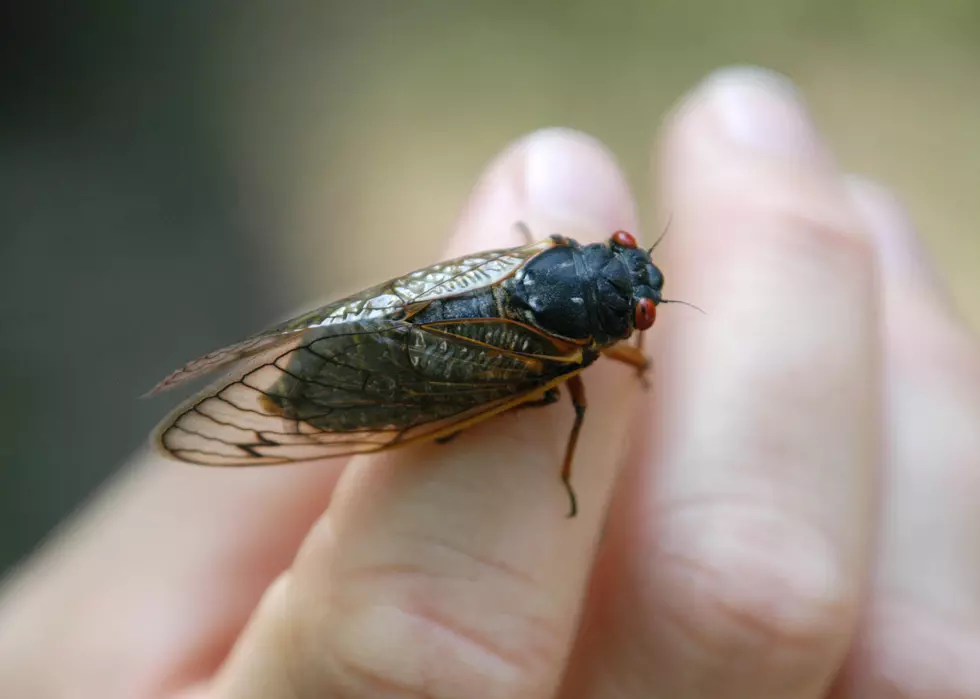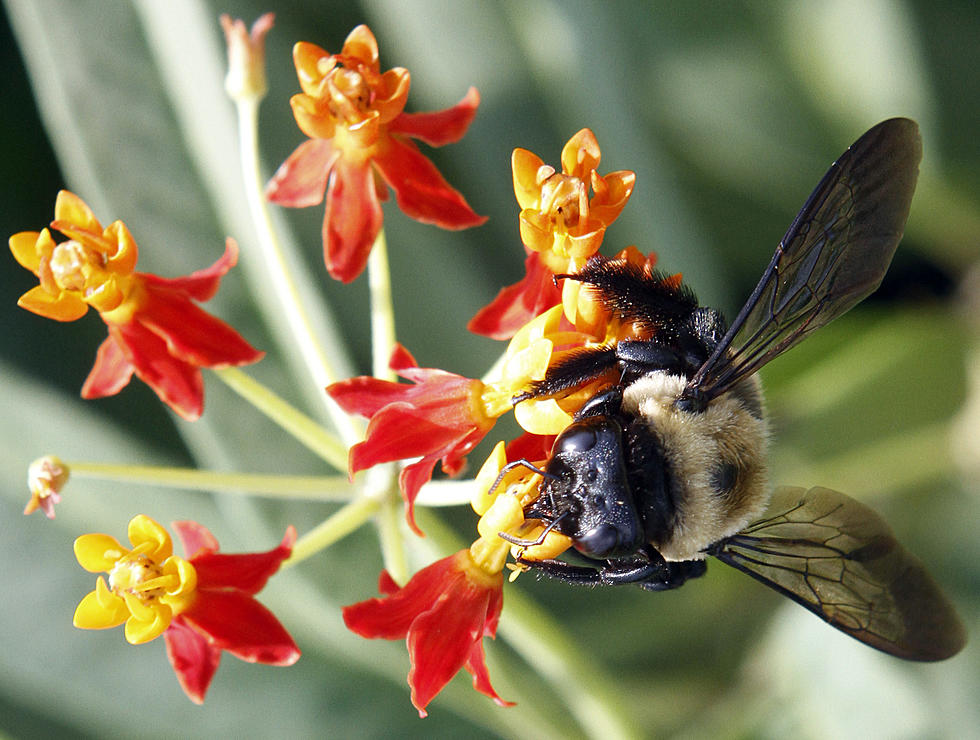
Yes, 17-year cicadas are coming back, but likely won’t bother you
Brood X, the more abundant of two major, cyclical cicada groups present in New Jersey, is set to emerge in wooded areas of towns like Morristown and Princeton in late May to early June.
It will be the first outing for these cicadas since their conception 17 years ago, in 2004. The smaller of the state's dominant groupings, Brood II, also has a 17-year life cycle, having last appeared in 2013, scheduled to arrive next in 2030.
The mating process is what, for many humans, makes these particular locusts such a nuisance. In areas of "heavy emergence," according to Rutgers University professor and Department of Entomology chair George Hamilton, the whirring sounds that male cicadas make, collectively, can be almost deafening.
That noise can persist from the pre-dawn hours, all the way through the daytime, until dusk.
"It's the males actually making a call," Hamilton said. "They have a diaphragm that they move very, very quickly, and that's what makes the noise."

Aside from that, cicadas pose no threat to humans, and really have no interest. Hamilton said the general rule is, if you leave them alone, they'll leave you alone.
"They don't bite," he said. "They'll be an annoyance, but there won't be any real problems."
Seen for the phenomenon they are, Hamilton considers Brood X "one of nature's miracles," and a unique sight to see.
And if proper precautions are taken, the cicadas are minimally destructive. Hamilton said the females lay their eggs on the tender shoots of young trees, which eventually does kill those branches and causes them to fall off.
So if you have planted a tree in the last couple of years, you run the risk of losing a year's worth of growth.
While nursery growers may want to spray their trees to protect their fruits, Hamilton does not recommend that step to homeowners.
"You probably are going to want to cover them with burlap during this, so that the females cannot get at those tender shoots," he said.
If you can't stand the sound, there is good news: it's short-lived. Once the cicadas have emerged, they won't be around for long.
"Depending on when they start coming out, and temperatures, this could go on for three to four weeks, probably, and then they'll just disappear," Hamilton said.
The adult cicadas do leave some evidence behind, though, both in the skin they shed upon first emerging, and then with their dead remains.
LOOK: 30 fascinating facts about sleep in the animal kingdom
DID YOU KNOW: New Jersey has a volcano!
More From Cat Country 107.3










